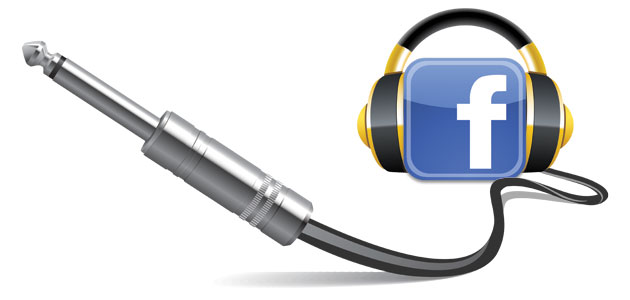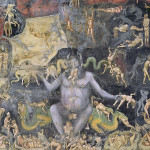What do you miss most about the way music used to be consumed? What seems to be lost is a feeling of anticipation about a significant, or even debut album release. This is where the music industry itself was actually useful. The co-ordinated campagns of advertising, reviews, ‘buzz’, interviews and tour were syncopated in order to create a sense of mystery and grandeur, which the internet, for better or worse, has all but destroyed.
David Bowie‘s ‘The Next Day’ has been successfully delivered due to the singer’s massive legend, but recently I read Smashing Pumpkins and Zwan’s Billy Corgan moaning that if someone wasn’t ‘online’ at the time, they wouldn’t hear his latest, so he wouldn’t bother releasing any more music (presumably because he could no longer afford to pay back the record label’s advance).
So popular music has lost the impact of an exciting, talked about release, an album that the youth can talk about on the schoolbus or in the canteen, or the adults around the ubiquitous water-cooler. I have never written this way about the ‘younger generation’ before, but they presumably will never really know the very manipulated thrill of peeling the plastic off a new vinyl, or even tape cassette release, examining the cover art and liner notes intently, playing and absorbing the recording over and (hopefully) over, and the object becoming one of your most treasured possessions. The recent incline in vinyl sales is I imagine niche marketing to a retro-adult demographic who can still afford the things.
Social networking, and Facebook in particular (due to it’s inherent desire to make everything as convenient as possible) has made the whole process of artistic consumption essentially devalued except for already establised names. There is simply too much information out there, too much music, and things get noticed due to good reviews and word of mouth alone. No bad thing, you may say, but when the intereted parties are only the bands and their familes and friends, the media push is pretty short lived.
So it’s all there, it’s all pretty mediocre (I’m starting to miss ‘bad’ music, as everything is so ‘all right’. Though Prince‘s latest efforts have made quite good steps in this). While punk rock swept away the distance between artist and audience (35 sodding years ago), I’d argue that in these cultural-commons, caring and sharing times, we need our makers to be more distant, more remote, more untouchably ivory-towered than ever. Led Zeppelin didn’t only build their justifiably huge heritage on great songs and albums, but also on a legend. All Beady Eye or Foals seem to be able to muster is a half-hearted ‘I’ll see yer down the pub, yeah?’




